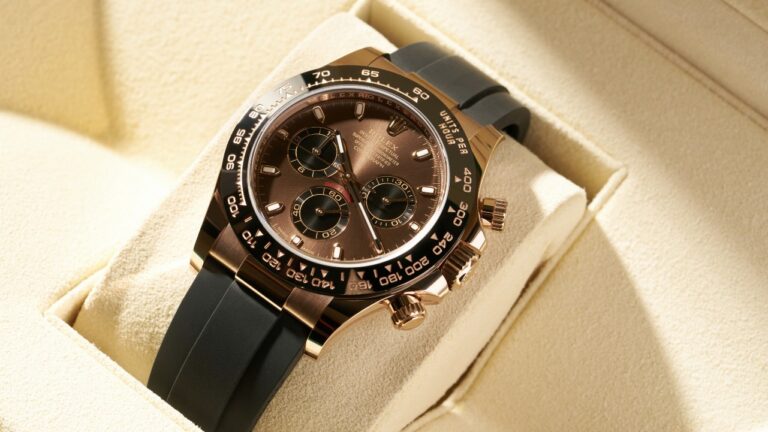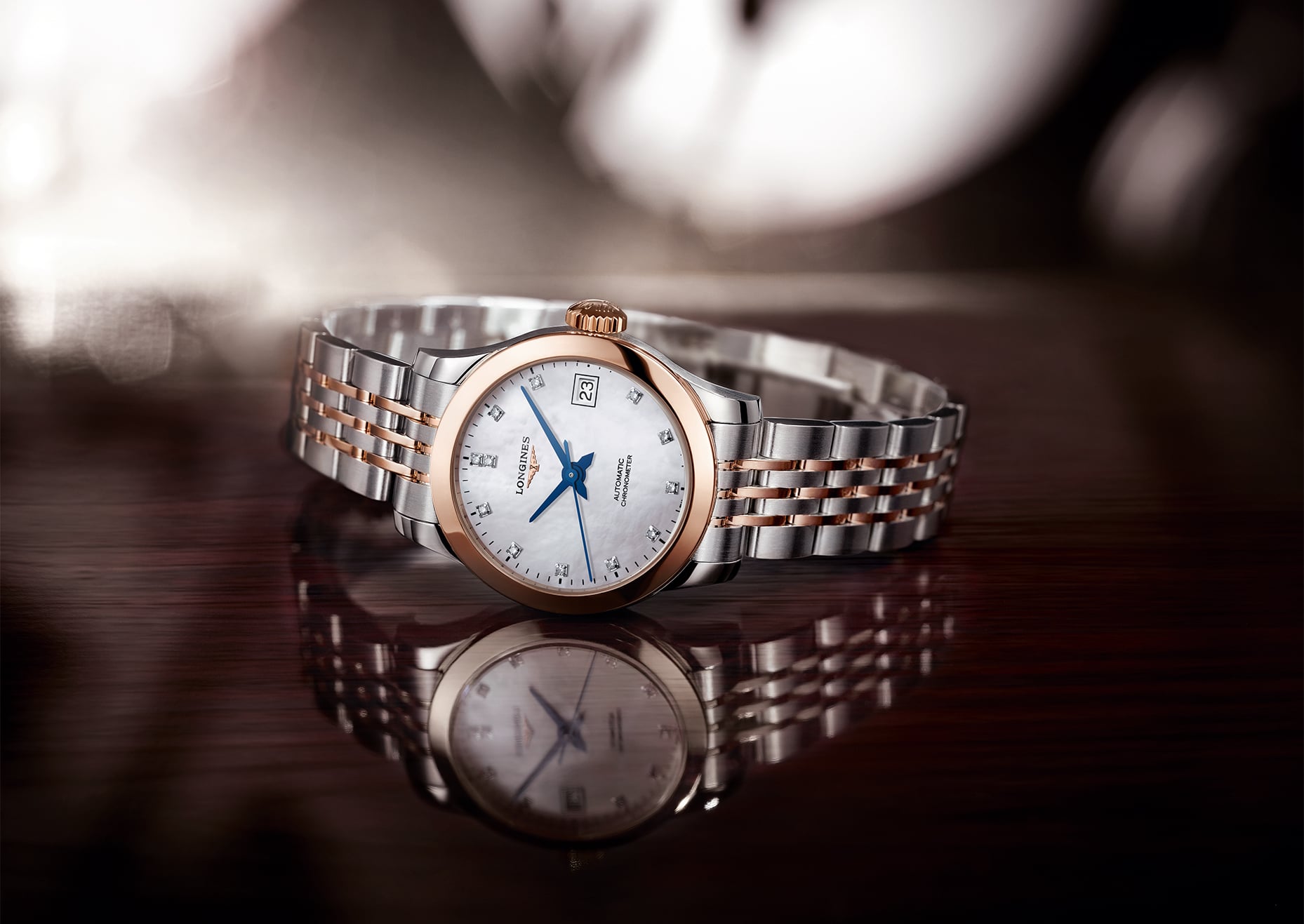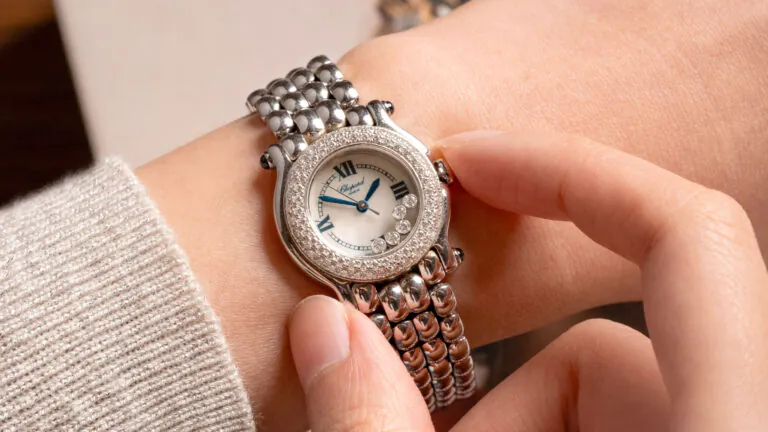Blog
“The Importance of Watch Certifications and What They Mean”
When it comes to high-end watches, certifications play a crucial role in determining the authenticity, quality, and precision of a timepiece. For both seasoned collectors and newcomers to the world of horology, understanding watch certifications can help you make informed decisions when purchasing a watch. In this guide, we will dive into the importance of watch certifications, what they mean, and how they can impact the value and performance of a watch.
1. What Is Watch Certification?
A watch certification is an official document or seal that confirms a timepiece has met specific industry standards or criteria for quality, craftsmanship, accuracy, and other important factors. These certifications often come from recognized authorities, independent testing organizations, or well-established brands themselves. While not every watch on the market requires certification, premium and luxury watches often go through rigorous testing to ensure their performance and reliability.
The importance of certification in the watch industry extends beyond just confirming that the watch is genuine—it assures the buyer of its value, durability, and functionality.
2. The Most Common Watch Certifications
There are several different types of certifications that a watch can hold, each serving a specific purpose in evaluating the quality and performance of the timepiece. Let’s explore some of the most notable certifications you may encounter.

Chronometer Certification
A chronometer certification is one of the most prestigious distinctions a watch can receive. This certification is awarded to watches that meet strict precision standards set by independent testing organizations. The most widely recognized institution for granting chronometer status is the Swiss Official Chronometer Testing Institute (COSC).
To earn a chronometer certification, a watch must pass a series of tests conducted in different positions and at various temperatures, typically over a period of several days. The timepiece must demonstrate an accuracy of -4 to +6 seconds per day, which is considered exceptional for mechanical watches.
Why It’s Important:
- Chronometer-certified watches are known for their exceptional precision and reliability.
- Having this certification can significantly increase the value of a watch, especially if it’s a mechanical or automatic model.
- It demonstrates the commitment of the watchmaker to producing high-quality, accurate timepieces.
Water Resistance Certifications
Another important certification, especially for diving or sports watches, is a water resistance certification. Watches are subjected to various tests to determine how well they can withstand exposure to water, pressure, and humidity. Some of the most well-known water resistance standards are:
- ISO 6425: The international standard for diving watches. Watches with this certification are tested for water resistance to depths of at least 100 meters (10 ATM) or more.
- ISO 22810: This certification applies to watches that are resistant to water up to 50 meters (5 ATM) and are typically found on sport or everyday watches.
These certifications ensure that a watch can handle certain water pressures without damage, providing buyers with peace of mind when wearing their timepiece in wet conditions.
Why It’s Important:
- Water resistance certification assures that the watch can be safely worn in environments such as swimming, snorkeling, or even diving.
- The level of water resistance often affects the price and desirability of the watch.
Swiss Made Certification
The Swiss Made certification is perhaps the most well-known and prestigious mark of quality in the watch industry. This label signifies that a watch is produced in Switzerland and meets specific requirements in terms of design, manufacture, and components. A watch that carries the “Swiss Made” label must have at least 60% of its components made in Switzerland and undergo assembly and final inspection within the country.
Why It’s Important:
- Swiss Made watches are known for their craftsmanship, precision, and high-quality materials.
- It signals to buyers that the watch has been made with expertise and experience, often from one of the leading watchmaking nations in the world.
Antimagnetic Certification
Certain watches are also tested for antimagnetic properties, particularly in industries where precision is critical, such as aviation and medicine. A watch with an antimagnetic certification is capable of resisting magnetic fields, which can affect the accuracy of timekeeping. The ISO 764 standard is the most commonly used test for this feature.
Why It’s Important:
- Antimagnetic certification ensures that the watch remains accurate when exposed to magnetic fields.
- This certification is particularly useful for professionals working in environments with strong magnetic fields, such as engineers, doctors, or pilots.
3. How Watch Certifications Affect Value and Collectibility
Watch certifications play a significant role in a timepiece’s value, especially for collectors. Certified watches are seen as more desirable and are often priced higher due to their proven performance and quality.

Collectibility and Prestige
Watches with certifications, particularly chronometer or Swiss Made, are considered more prestigious among collectors. They are often seen as superior in terms of accuracy, craftsmanship, and heritage. As a result, these timepieces tend to hold their value better over time and may even appreciate in value, especially if the watch is a limited edition or part of a high-demand brand.
Resale Value
When it comes to reselling a watch, certification can have a significant impact on the resale price. Watches with chronometer certifications or other prestigious labels are likely to fetch a higher price in the pre-owned market due to their proven quality and reliability. For this reason, buying certified watches can be seen as an investment for both the present and the future.
4. Certification and Brand Reputation
In addition to formal certifications, the reputation of the brand itself can also influence the perceived quality of a watch. While some high-end brands do not need certifications like COSC or Swiss Made to command respect, these certifications still enhance the overall value and appeal of the watch.
Brands with a history of precision and craftsmanship, such as Rolex, Omega, and Patek Philippe, often produce watches with certifications like chronometer status, ensuring that buyers receive watches that meet the highest standards of accuracy and performance.
5. How to Verify Watch Certifications
When purchasing a certified watch, it’s important to ensure that the certifications are legitimate. Here are a few ways to verify certifications:
- Check the Certificate: Most reputable watch brands will provide a certificate of authenticity or a warranty card that details the watch’s certification.
- Buy from Authorized Dealers: Always purchase from authorized retailers or official brand boutiques to guarantee that the watch is certified.
- Research the Brand: If buying from the secondary market, research the watch’s model and verify that it is eligible for certification. Trusted online platforms like Chrono24 or WatchBox often provide documentation for certifications.
Conclusion
Watch certifications are more than just a mark of quality—they serve as a guarantee of performance, precision, and authenticity. Whether you’re a seasoned collector or just beginning your horology journey, understanding the importance of certifications can help you make smarter purchasing decisions and build a collection that offers both value and satisfaction.
From the esteemed chronometer certification that ensures unparalleled accuracy to the Swiss Made label that guarantees top-tier craftsmanship, certifications offer transparency and confidence to buyers. By recognizing and seeking certified watches, you can make informed choices and invest in timepieces that deliver on their promises, whether you’re looking for durability, precision, or simply a beautiful watch to admire for years to come.

